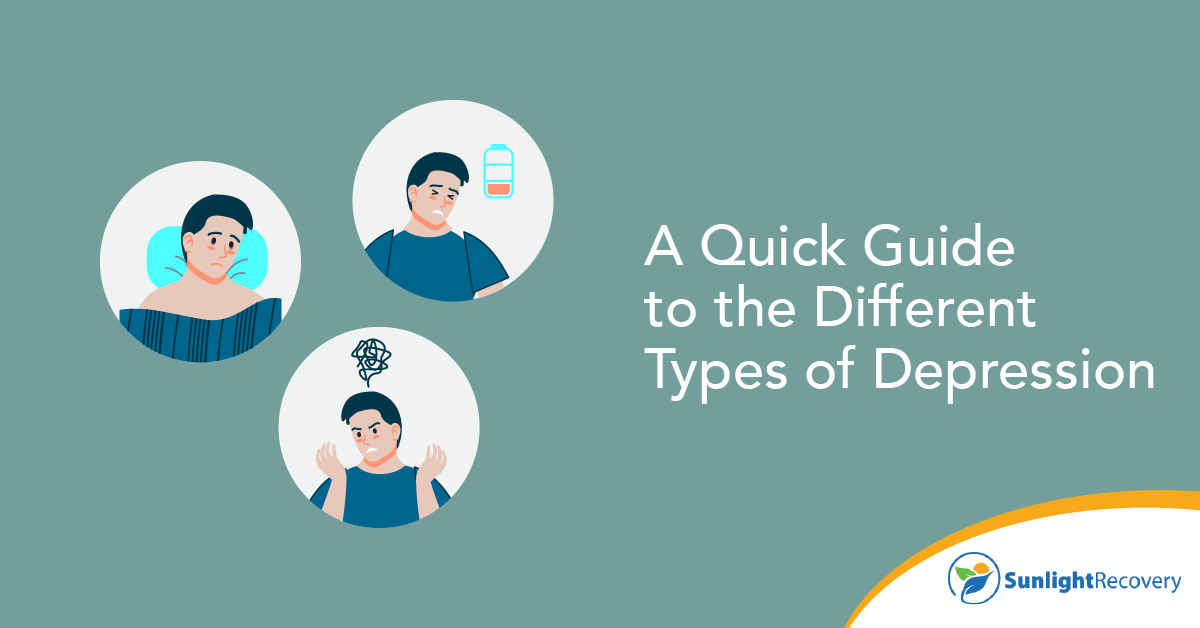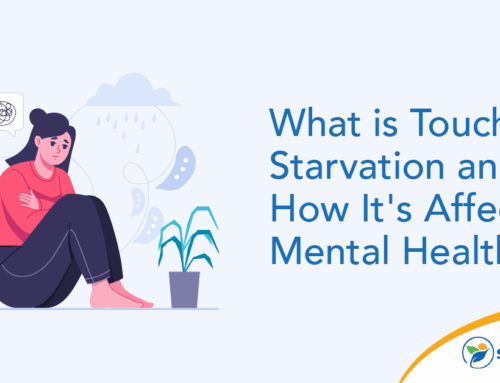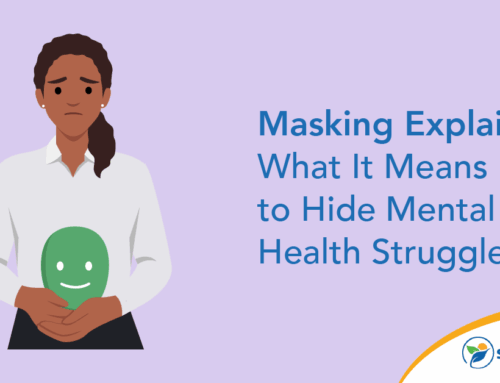Major depression is a long-term condition affecting how you feel and often causing severe emotional problems. It is real — not just a state of mind — and recovery is a slow process. There are several diagnosis types and in most instances, you need professional help to recover.
According to the Centers for Disease Control and Prevention, depression, or feelings of depression, is a condition that affects approximately 5% of the American population. Other sources indicate nearly 20% of the population may experience depression at some time in their lives.
The Causes
Depression is a complex mental disease that’s usually caused by a combination of biological and psychological factors. Triggers include hormonal changes, a chemical imbalance in the brain and serious medical illnesses, such as cancer and diabetes.
Emotional issues may be a cause. These include unhappy relationships, emotional abuse, trauma and work-related stress. Environmental circumstances, such as unemployment, poverty, social isolation, and financial difficulties, contribute to the risk of becoming depressed. Substance and alcohol abuse are other contributory factors.
In some instances, there may be no obvious reason or cause.
How It Is Classified or Diagnosed
Since a definitive diagnostic test isn’t available, doctors and mental health specialists diagnose based on the presence of classic symptoms, including:
- Constant exhaustion
- Lack of energy to tackle chores and regular tasks
- Outbursts of anger, irritation and frustration over minor issues
- Sleep problems, including insomnia or sleeping all the time
- Loss of interest in hobbies, sports and relationships
- Poor concentration and an inability to make decisions
- Appetite changes, ranging from loss of interest in food to excessive eating
- Feelings of guilt and worthlessness
- High levels of agitation and anxiety
- Recurrent thoughts of suicide
- Headaches and backaches that don’t have a physical reason
- Sluggishness
- Feeling depressed, dejected or despondent
If you experience five or more of these symptoms constantly for more than 2 weeks, you may be suffering from depression.
The Major Forms
There are many distinct types of depression, each with specific symptoms and causes. Treatments vary depending on the type of illness, and getting a professional diagnosis is essential. The following six forms are the most common.
1. Major Depressive Disorder
Also referred to as, “clinical depression or unipolar depression”, major depressive disorder is the most common form. It’s characterized by overwhelming and crushing feelings of darkness and helplessness. People with major depressive disorders have inordinate difficulty doing anything. The disorder affects all aspects of their lives, and they have trouble sleeping and no energy.
2. Seasonal Affective Disorder
Seasonal affective disorder primarily affects people living in areas where winter days are short and dark. It’s believed to be related to changes in daily patterns and is aggravated by a lack of light. Other factors include changes in the hormone melatonin, which controls sleeping and waking cycles. Treatment typically includes light therapy.
3. Persistent Depressive Disorders
This is a milder depression that often persists for 2 or more years. People experiencing persistent depressive disorders have less severe symptoms and may function almost normally. They’re constantly unhappy and feel down. Other indications include poor self-esteem, a lack of energy and sleeping problems.
4. Psychotic Depression
As well as feeling depressed, people with psychotic depression may experience hallucinations, such as seeing things that don’t exist. They can have irrational thoughts and may become paranoid and fearful about other people and of things going wrong. This isn’t the same as schizophrenia, which is a different mental illness with more serious hallucinations and symptoms.
5. Postpartum
Also called, “postnatal”, postpartum depression affects up to 1 in 7 women after they give birth. Postpartum lasts for several months and may affect the mother’s ability to look after their baby or themselves. People experiencing postnatal depression have overwhelming anxiety and fatigue.
6. Bipolar Disorder
People with bipolar disorders experience periods of intense and extreme highs usually followed by extended periods of deep depression. During the highs, they feel full of energy and often have flamboyant but highly impractical ideas. Someone experiencing a high usually shows poor judgment and self-destructive behavior.
Undiagnosed Depression: The Importance of Getting Help
If you’re feeling low and fatigued, you may have depression. Many people don’t recognize their symptoms and attribute their condition to other reasons, such as work stress, illness or their imagination. They’re afraid to talk about their illness, partly due to common misconceptions surrounding depression. They fear the possible stigma of being labeled as a depressive person.
If this is how you feel, know that it can be treated. By putting off talking to your doctor, you’re prolonging suffering.
Diagnosis: Types of Treatment
Your primary care practitioner can diagnose depression. They may refer you to a mental health specialist for a more exact diagnosis. Treatment for depression diagnosis types generally includes a treatment plan combining therapy, medication and natural lifestyle changes. Each different diagnosis calls for a slightly different treatment protocol.
Treatment Therapies
Many types of depression respond well to talk therapy. Your therapist will help you understand and find events that triggered the illness. Some therapies they use include:
- Cognitive behavioral therapy. CBT helps you understand negative behaviors that contribute to depression.
- Dialectical behavior therapy. Based on CBT, this therapy helps you discover how thoughts can affect your emotions and behavior.
- Interpersonal psychotherapy. This form of therapy helps you deal with difficult relationships that affect mental well-being.
Antidepressant Medications
Your doctor may prescribe antidepressants that target specific areas of the brain to reduce symptoms. Some medications used include:
- Selective serotonin reuptake inhibitors. SSRIs increase serotonin levels in the brain to boost mood and emotions.
- Antipsychotics. These reduce the levels of dopamine and reduce the symptoms of psychotic depression.
- Tricyclic antidepressants. These older drugs target neurotransmitters in the brain and reduce symptoms.
Finding Help
Depression is a debilitating condition that’s easily treated by a combination of therapy and medication. If you’re struggling with depressive feelings of inadequacy, despair, and loneliness, speak to your doctor or a mental health practitioner. Contact us now at Sunlight Recovery, and make an appointment so our professional counselors and clinicians can diagnose and treat your depression.







